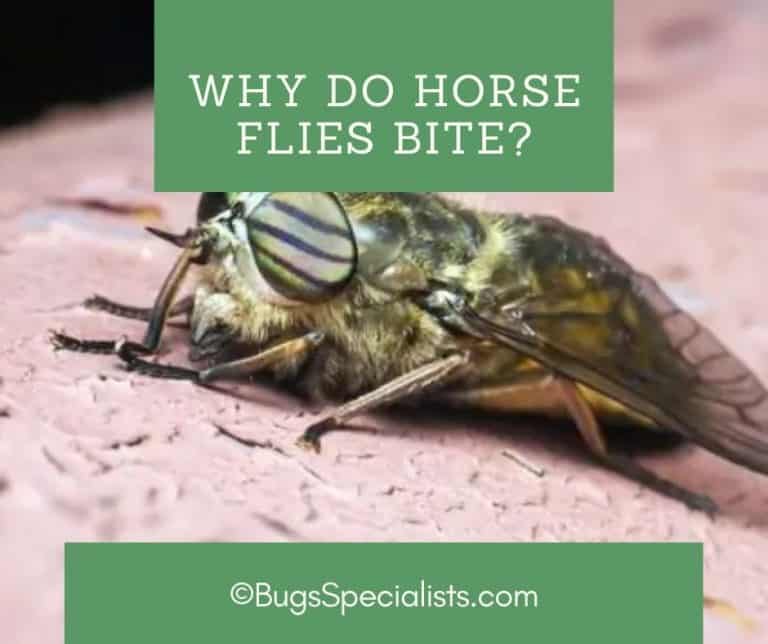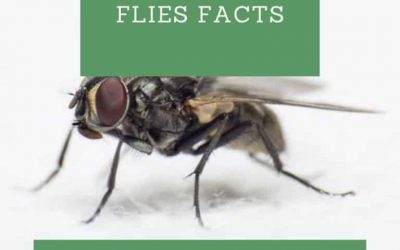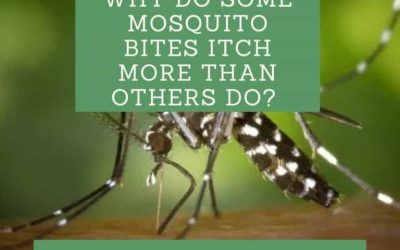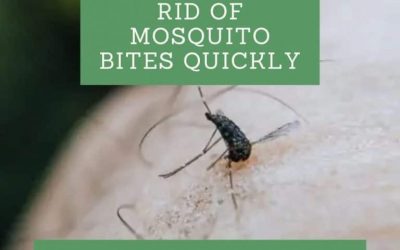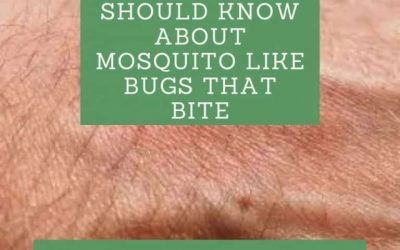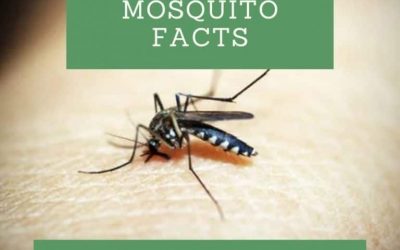Often large, persistent and painful, a bite from a horsefly is an experience you are not likely to forget. Plus, they mostly appear during the summer months or when the heatwaves occur.
However, in some cases, it may not be that the flies are out for blood, but just that more people are outside during the summer.
Thus, the weather and factors such as loose clothing that exposes the skin will increase the chances of getting a bite from the flies. Furthermore, it also good to realize the animals such as dogs can be prone to such issues.
Why Do Horse Flies Bite?
Please note that not all horseflies will bite. Only the female flies can break the skin, and feed on blood. They do this because blood is an integral part of their diet. The females require a diet that’s high in protein, to help with egg development. However, males don’t produce eggs, so they don’t need such diets. A housefly breaks into the skin quite unlike what you would expect with an insect-like a mosquito. They have a pair of powerful mandibles that cut through the skin to get to the blood flowing underneath. Plus, they have an anticoagulant in their saliva, which will stop the clotting of blood. Insects such as mosquitos will produce an anesthetic when consuming blood. However, horseflies don’t, and it’s one of the reasons behind the immense pain that accompanies their bite. The flies mostly thrive on animals, especially in dogs, which can lead to various issues. The horseflies can cause persistent wounds, as dogs often bite around the affected area.How to Prevent a Horsefly Bite
Your ability to avoid these insects using the proper measures can be beneficial. Plus, the ways through which you prevent such an issue are many and simple to apply. They include:- Cover Up – one of the best ways to avoid bites from such a fly is to cover all open areas of the skin. While this method is not 100% effective, it’s an excellent way to control these pests’ bites. If the weather is too warm to cover up, consider using thin clothing.
- Use Insect Repellant – an insect repellant will help ensure the horsefly does not get in contact with your skin. However, be delicate in your approach to choosing the right one for your needs. The main reason for this is because some insect repellant products can lead to irritation issues.
How to Identify a Horsefly
The easiest way to spot a horsefly is to stary by evaluating its size. Usually, most horse flies tend to be large than most flies, and they might also have colourful eyes. The males have enormous eyes, which might, at times, touch the top of the head. Most horseflies prefer to lay their eggs in pools of water such as streams, rivers, ponds and more. However, not all species depend on water for such procedures. The larvae of some species are aquatic, as others prefer damp soil. The most common place you are likely to find these flies is farms because they have horses and cattle.How to Treat a Horsefly Bite
The National health service recommends cleaning and the use of cold compression techniques to the affected area. Avoid any scratching around the affected area, or consider investing in antihistamine product. The symptoms of the bite should subside in a few hours. However, if the wound becomes infected, seek medical advice. There are no well-known natural remedies for horse flies: oatmeal, honey, vinegar, basil and more. These are home foods that contain compounds that can be beneficial for treating an injury, or irritation that arises from the bite. A horsefly may not necessarily be harmful to animals such as pest. However, for a dog, biting on the bitten area, incessantly can lead to wounds, irritation and infection. To treat the dog, apply an antibiotic or insect repellant spray to the affected area. Plus, also consider cleaning the dog regularly, as they are furry animals.Are There Any Risks Associated with Horse Fly Bites?
Horsefly bites might be discomforting and painful; however, they are not likely to lead to significant health risks. A few of the common ones to consider include:- Pain and skin irritation – a bite from a horsefly is not only painful but can also cause a bump around the affected area. Some people even get rashes, such as urticaria.
- Can lead to physical symptoms – the common symptoms associated with horsefly bites include weakness, dizziness, wheezing and redness around the eyes. Some people might even encounter allergic reactions.
FAQ on horse bites
Are there any health risks associated with horsefly bites?
No, there are no direct health risks associated with such a bite.
The only significant side effect would the likelihood of rashes or weakness. However, these symptoms should subside in a few hours.
What is the best method to treat a horsefly bite?
The best approach for treating such a bite would be to wash thoroughly and treat the affected area using an antihistamine.
Do I need to visit the doctor for a horsefly bite?
No, you don’t have to visit the doctor if you receive a horsefly bite. The fly is relatively harmless and only likely to cause irritations.

